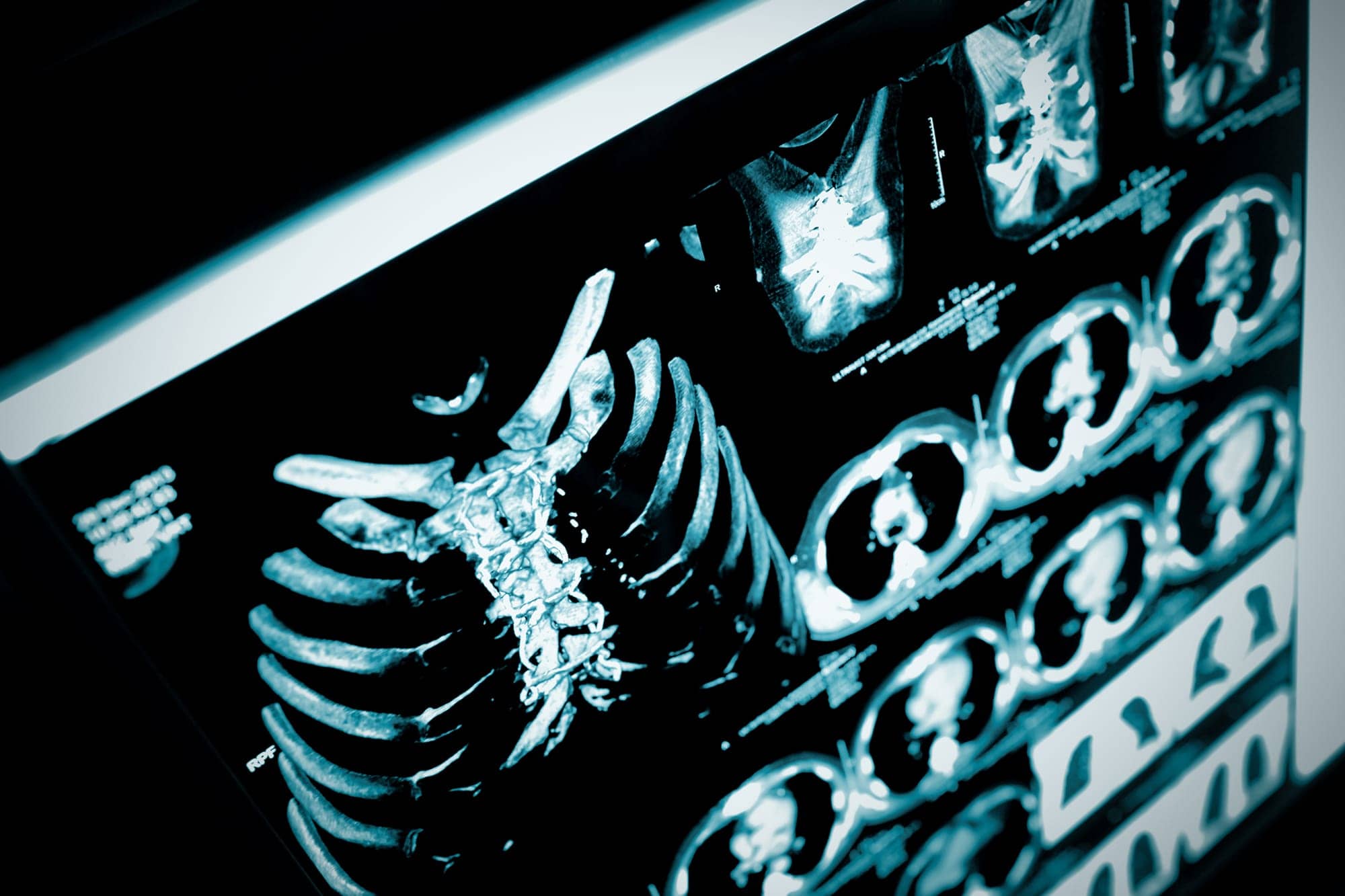The American Lung Association launched a campaign to raise awareness about lung cancer screening and biomarker testing.
RT’s Three Key Takeaways:
- Low Screening and Testing Rates — Only 16% of eligible Americans receive lung cancer screening, and 23% of patients start treatment before full biomarker testing, limiting the chance for optimal outcomes.
- Barriers Identified by Patients and Caregivers — Focus groups revealed confusion, anxiety, poor communication, and inconsistent diagnostic processes as major obstacles to timely and effective lung cancer care.
- New Awareness Campaign — The American Lung Association launched a patient-informed campaign to expand education and access to lung cancer screening and biomarker testing, aiming to improve early detection and survival rates.
Only 16% of Americans eligible for lung cancer screening are getting the lifesaving scan, and 23% of lung cancer patients receive chemotherapy and/or radiation before undergoing full biomarker testing, potentially resulting in less successful treatment. Today, the American Lung Association launched a campaign to raise awareness about lung cancer screening and biomarker testing, shaped by the voices of people diagnosed with lung cancer and their caregivers across the country.
“Every year, 235,000 people are diagnosed with lung cancer. While lung cancer remains the leading cause of cancer deaths in the U.S., the five-year survival rate improved 26% in recent years to 28.4%. People are living longer with the disease because of greater access to early lung cancer screening coupled with transformative breakthroughs in research and diagnostics,” said Harold Wimmer, President and CEO of the American Lung Association. “Unfortunately, not enough people are getting these tests, so we went right to the source – people with lung cancer and their families – to find out why. We then crafted this new campaign based on their feedback to make sure more people get screened for lung cancer and receive information about the pathway to diagnosis and comprehensive biomarker testing.”
When caught early, lung cancer can often be treated with surgery alone, and the likelihood of surviving five years or more improves to 65%. Individuals who are age 50-80 years old, who currently smoke, or who have quit smoking within the last 15 years, and have a 20-pack year smoking history (1 pack a day for two years, 2 packs a day for 10 years, etc.), are eligible for low- or no-cost screening. Once lung cancer is suspected on a scan, minimally invasive diagnostic procedures and comprehensive biomarker testing are critical to identify next steps and treatment options upon diagnosis. Also known as Next Generation Sequencing, or NGS testing, biomarker testing looks for key markers in a tumor’s DNA. Some lung cancer treatments target these characteristics directly, often with fewer side effects and better outcomes.
To better understand barriers to optimal lung cancer care, including access to and an understanding of screening and diagnostic procedures, the Lung Association conducted focus groups with caregivers and individuals living with lung cancer. Key focus group findings include:
- High Anxiety Due to Lack of Information: People reported feeling overwhelmed and unprepared after learning they had a lung nodule following lung cancer screening. Many were unclear about what it meant and wanted more upfront information from healthcare providers.
- Communication Breakdowns: Participants described poor or inconsistent communication both between healthcare providers and in conversations with patients, leading to confusion and distress.
- Misunderstanding of “Watchful Waiting:” When told a lung nodule would be monitored over time, people often didn’t understand what that entailed, increasing fears about potential cancer progression.
- Inconsistent Diagnostic Processes: There was significant variability in how providers assessed whether a nodule was cancerous. People in the focus group and surveys wanted more transparency and direction throughout the process.
This new campaign responds directly to those concerns, offering clear, evidence-based resources to people about lung cancer screening and biomarker testing. For this campaign, the Lung Association partnered with Guardant to enhance and expand patient education tools and resources. In addition, the Lung Association continues to actively promote the Lung Cancer Basics training course, and Lung Cancer Support Groups and other support resources.
